Blogs & News
We are focus on automotive wiring harness & connectors technology.
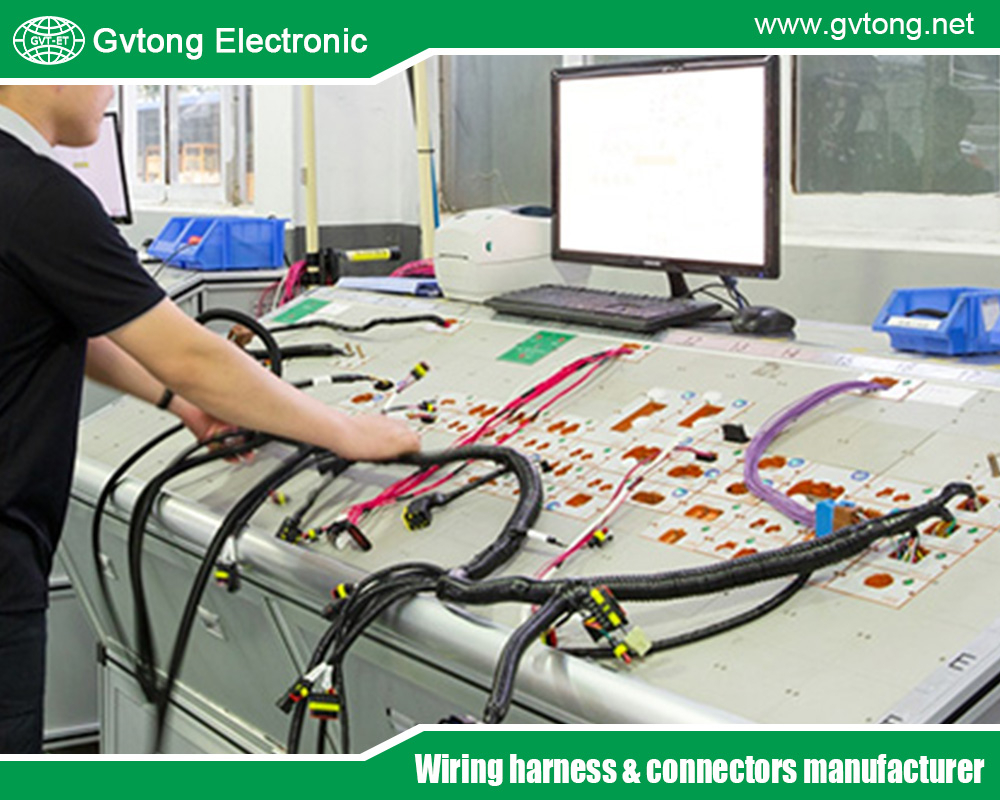
Don’t Overlook These 5 Details When Choosing Automotive Connector Manufacturers
- Gvtong Electronic
- 2p 32p Automotive Connector Terminal Crimping, adas automotive connector, Anti-vibration automotive connectors, Automated assembly connectors, Automated assembly connectors Cost-effective automotive connectorsMulti-variation connectors, automotive antenna connector, automotive connector, Automotive Connector and Cable Products, automotive connector companies, Automotive Connector Factory, automotive connector manufacturer, automotive connector manufacturers, Automotive Connector Manufacturers in 2025, automotive connector market, Automotive Connector Supplier, Automotive Connector Terminal China, Automotive Connector Terminal Crimping, automotive data connector, automotive diagnostic connector, automotive high - frequency, Automotive high - frequency connector, automotive High voltage connector, automotive hybrid connector, automotive optical fiber connector, automotive power distribution, Automotive power distribution connector, Automotive temperature - resistant connector, automotive vibration - resistant, Automotive vibration - resistant connector, China Automotive Connector Manufacturers, Cost-effective automotive connectors, Halogen-free automotive connectors, Multi-variation connectors, Recyclable material connectors, Redundant safety connectors, Thermal management connectors, Top 10 Automotive Connector Manufacturers, Waterproof Automotive Connector Manufacturers China, Wireless charging connectors
- No Comments
Don’t Overlook These 5 Details When Choosing Automotive Connector Manufacturers
In the rapidly evolving automotive industry, connectors play a pivotal role in ensuring the seamless integration of electrical systems, from power distribution to data transmission in modern vehicles. These small but critical components are the unsung heroes behind everything from engine control units to advanced driver-assistance systems (ADAS), infotainment setups, and electric vehicle (EV) battery management. As vehicles become increasingly electrified and connected, the demand for reliable, high-performance automotive connectors has skyrocketed. According to industry reports, the global automotive connector market is projected to reach over $25 billion by 2030, driven by the surge in EVs and autonomous driving technologies.
Choosing the right manufacturer for these connectors is not just a procurement decision—it’s a strategic one that can impact vehicle safety, performance, and overall production efficiency. Overlooking key details can lead to costly recalls, supply chain disruptions, or compatibility issues that compromise the end product. Manufacturers must balance factors like durability in harsh environments (extreme temperatures, vibrations, and moisture), compliance with stringent regulations, and scalability for high-volume production.
This article highlights five often-overlooked details when selecting automotive connector manufacturers. By paying attention to these, OEMs (original equipment manufacturers), tier-1 suppliers, and engineers can mitigate risks and foster long-term partnerships. We’ll delve into certifications, technological prowess, supply chain robustness, customization capabilities, and cost considerations. Drawing from industry insights and best practices, this guide aims to equip decision-makers with the knowledge to make informed choices in a competitive landscape dominated by players like TE Connectivity, Aptiv, and Yazaki.
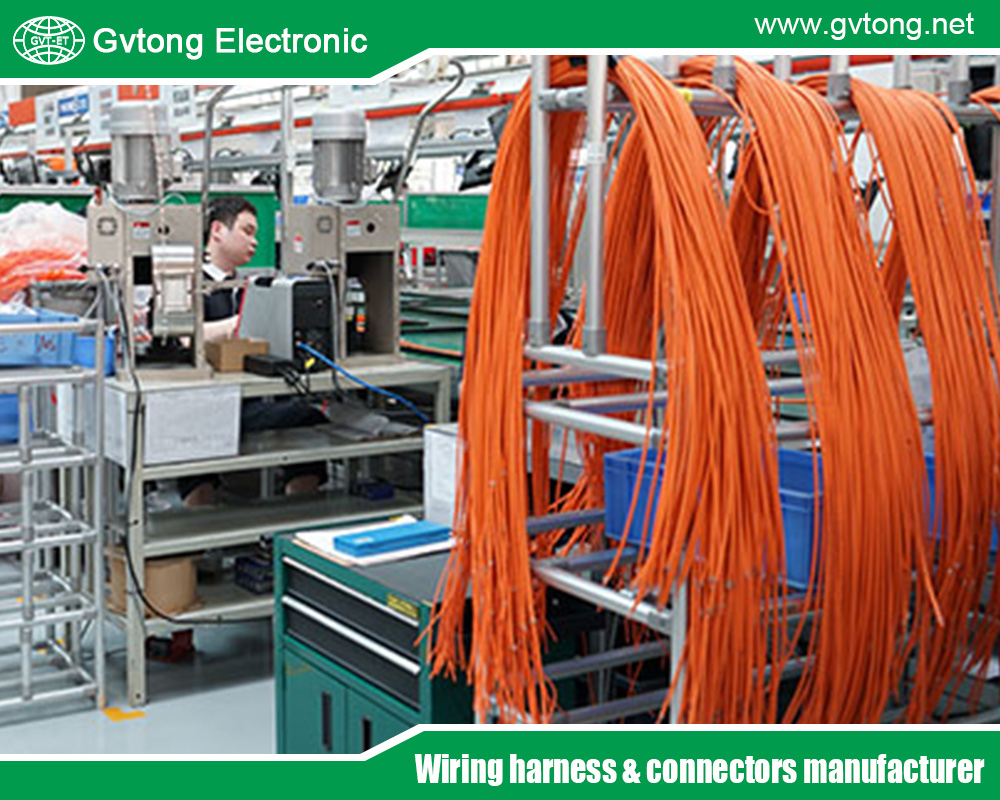
Detail 1: Certifications and Standards Compliance
One of the most critical yet frequently underestimated aspects is the manufacturer’s adherence to industry certifications and standards. Automotive connectors must meet rigorous quality and safety benchmarks to ensure they perform reliably under demanding conditions. Ignoring this can result in failures that lead to vehicle malfunctions or even accidents.
Start with ISO 9001, the foundational quality management system standard, but don’t stop there. For automotive-specific applications, IATF 16949 is non-negotiable. This certification, developed by the International Automotive Task Force, builds on ISO 9001 and emphasizes defect prevention, variation reduction, and supply chain management. Manufacturers certified under IATF 16949 demonstrate a commitment to continuous improvement and risk-based thinking, which is essential for producing connectors that withstand automotive stressors like thermal cycling and mechanical shock.
Environmental compliance is equally vital. With the push toward sustainability, look for RoHS (Restriction of Hazardous Substances) and REACH (Registration, Evaluation, Authorization, and Restriction of Chemicals) compliance to ensure connectors are free from harmful substances like lead or mercury. In the EV sector, UL certification for high-voltage connectors is crucial to prevent electrical hazards. For instance, connectors used in battery packs must comply with UL 1973 standards for energy storage systems.
Beyond general certifications, consider application-specific ones. IP (Ingress Protection) ratings, such as IP67 or IP69K, indicate resistance to dust and water—essential for under-hood or exterior applications. Vibration testing per SAE J1211 or ISO 16750 ensures durability in real-world driving conditions. A manufacturer like Amphenol, known for its military-grade connectors adapted for automotive use, often exceeds these standards, providing peace of mind for high-stakes applications.
Why does this matter? Non-compliant connectors can lead to regulatory fines, product recalls, or liability issues. The 2010 Toyota accelerator pedal recall, partly linked to faulty electronic components, cost billions and damaged reputations. To verify, request audit reports or third-party testing results. Engage in site visits to assess quality control processes firsthand. In summary, certifications aren’t just badges—they’re assurances of reliability that safeguard your project’s integrity.
Detail 2: Manufacturing Capabilities and Technology
The technological sophistication of a manufacturer’s production processes can make or break the quality and innovation of automotive connectors. Overlooking this detail means risking outdated designs that fail to keep pace with industry advancements like miniaturization and high-speed data transmission.
Modern automotive connector manufacturers require precision engineering. Look for manufacturers employing advanced technologies such as automated injection molding, laser welding, and robotic assembly lines. These ensure consistent tolerances—often in the micron range—for secure mating and minimal signal loss. For high-voltage EV connectors, capabilities in overmolding with thermoplastic materials like PBT (polybutylene terephthalate) or PA66 (nylon) are essential to enhance insulation and heat resistance.
Integration of Industry 4.0 elements, like IoT-enabled monitoring and AI-driven quality inspection, signals a forward-thinking partner. For example, predictive maintenance on machinery reduces downtime, ensuring steady supply. Manufacturers like Molex leverage such tech to produce connectors with embedded sensors for real-time diagnostics in autonomous vehicles.
Material expertise is another key facet. Connectors often use copper alloys for conductivity, plated with tin, gold, or silver for corrosion resistance. A top-tier manufacturer should have in-house R&D for developing custom alloys or composites that meet specific requirements, such as low insertion force or high current-carrying capacity (up to 200A for fast-charging EVs).
Scalability matters too. Can they handle low-volume prototypes for R&D and ramp up to millions for mass production? Flexible manufacturing systems (FMS) allow quick reconfiguration for different connector types, from wire-to-wire to board-to-board. Global footprints with multiple facilities mitigate geopolitical risks, as seen during the COVID-19 supply chain disruptions.
To evaluate, review their equipment list, patent portfolio, and case studies. A manufacturer investing in simulation software like ANSYS for thermal and electrical modeling can preempt design flaws. Ultimately, robust manufacturing capabilities translate to innovative, reliable products that give your vehicles a competitive edge.
Detail 3: Supply Chain Reliability and Lead Times
In an era of global uncertainties—from chip shortages to trade tariffs—supply chain reliability is paramount when selecting a connector manufacturer. Overlooking this can lead to production halts, inflated costs, and missed market opportunities.
A resilient supply chain starts with diversified sourcing. Manufacturers reliant on single suppliers for raw materials like copper or plastics are vulnerable to price volatility or disruptions. Opt for those with multi-sourced, vetted suppliers and contingency plans. For instance, during the 2021 semiconductor crisis, companies like Bosch maintained operations by stockpiling critical components and fostering local sourcing.
Lead times are a direct indicator of efficiency. Standard connectors might have 4-6 week leads, but custom ones can extend to 12-16 weeks. Manufacturers using just-in-time (JIT) inventory and ERP (enterprise resource planning) systems can shorten this, providing agility for fluctuating demand. In the EV boom, where production scales rapidly, predictable lead times prevent bottlenecks.
Logistics prowess is crucial. Look for global warehousing and partnerships with reliable carriers to ensure timely delivery. Certifications like AS9120 for aerospace-quality distribution (applicable to automotive) underscore robust logistics. Additionally, assess their risk management—do they conduct regular audits for geopolitical, environmental, or financial risks?
Sustainability in the supply chain is emerging as a must-have. Manufacturers committed to ethical sourcing (e.g., conflict-free minerals per Dodd-Frank Act) and carbon footprint reduction appeal to eco-conscious OEMs like Tesla. Tools like blockchain for traceability enhance transparency, reducing counterfeit risks.
To gauge reliability, request supplier scorecards, on-time delivery rates (aim for 95%+), and references from existing clients. In volatile markets, a manufacturer with strong supply chain fortitude ensures your assembly lines keep rolling without interruption.
Detail 4: Customization and Engineering Support
Automotive designs are increasingly bespoke, demanding connectors tailored to unique specifications. Overlooking a manufacturer’s customization capabilities and engineering support can limit innovation and force compromises in vehicle architecture.
True customization goes beyond off-the-shelf modifications. Seek manufacturers offering co-design services, where their engineers collaborate from concept to validation. This includes 3D modeling, prototyping via additive manufacturing, and rigorous testing like HALT (highly accelerated life testing) to simulate years of use in weeks.
For example, in ADAS, connectors must support high-bandwidth protocols like Ethernet or CAN-FD. A capable manufacturer can customize pin configurations, sealing options, or hybrid designs integrating power and signal in one unit, reducing weight and complexity. Companies like Delphi (now Aptiv) excel here, providing turnkey solutions for sensor integrations.
Engineering support extends to problem-solving. Do they offer FEA (finite element analysis) for stress points or EMC (electromagnetic compatibility) testing to prevent interference? Access to simulation labs accelerates iterations, cutting development time.
Intellectual property handling is key—ensure NDAs protect your designs. Also, evaluate their agility in responding to changes, like adapting to new regulations such as Euro 7 emissions standards requiring more efficient electronics.
Post-production support, including field failure analysis and upgrades, fosters longevity. To assess, review their engineering team’s credentials (e.g., PhDs in materials science) and success stories. Robust customization empowers you to differentiate your vehicles in a crowded market.
Detail 5: Cost and Value Proposition
While price is often the first consideration, focusing solely on it overlooks the total cost of ownership (TCO). A seemingly cheap connector can incur higher expenses through failures, rework, or inefficiencies.
Break down costs: unit price, tooling fees for custom molds (often $10,000-$50,000), and shipping. But TCO includes reliability—durable connectors reduce warranty claims, which can cost automakers millions annually. For EVs, efficient connectors minimize energy loss, lowering operational costs.
Value proposition encompasses more than savings. Premium manufacturers might charge 20-30% more but offer longer lifespans (e.g., 1 million mating cycles vs. 500,000) or better performance metrics. Negotiate volume discounts, long-term contracts, or value-added services like kitting (pre-assembled harnesses).
Transparency in pricing avoids hidden fees. Request detailed breakdowns and compare against benchmarks from platforms like Thomas Net. Consider currency fluctuations for international suppliers.
Sustainability can enhance value—eco-friendly connectors may qualify for green incentives. Ultimately, weigh cost against quality; a low-bid manufacturer might skimp on testing, leading to recalls like the Takata airbag scandal.
To evaluate, use ROI calculators and pilot programs. Prioritizing value over mere cost ensures sustainable profitability.
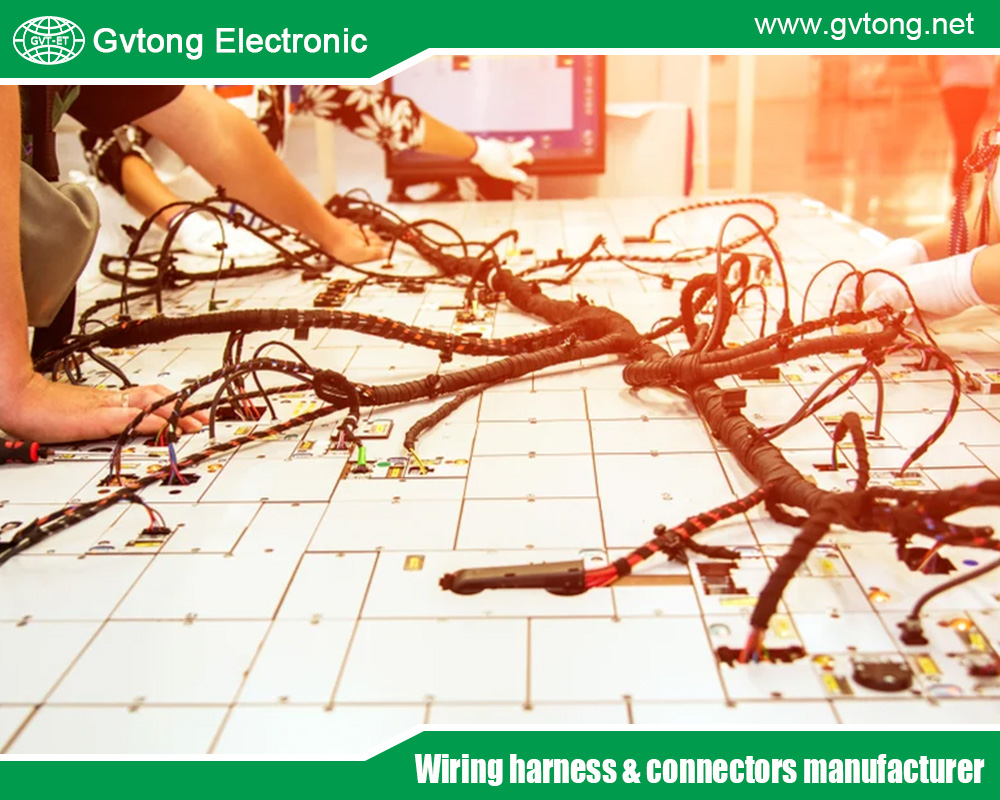
Conclusion
Selecting an automotive connector manufacturer demands scrutiny of certifications, technology, supply chains, customization, and costs. By not overlooking these details, you secure partnerships that drive innovation and reliability. In a dynamic industry, informed choices pave the way for safer, smarter vehicles. Always conduct due diligence to align with your strategic goals.
For more about don’t overlook these 5 details when choosing automotive connector manufacturers, you can pay a visit to Gvtong at https://www.gvtong.net/ for more info.
Recent Posts
How to Diagnose and Repair Automotive Signal Connector Failures
How to Install and Maintain Low Pressure Automotive Connectors
Heat Shrink vs. Crimp: Choosing the Right 12V Car Wire Connector
Best 12V Automotive Wire Connectors for Reliable Electrical Connections
Tags
Recommended Products
-
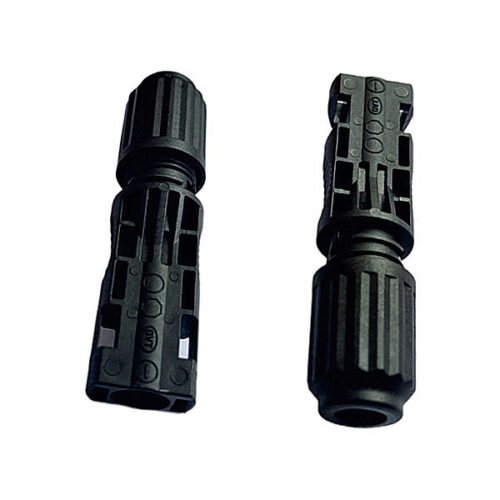
Photovoltaic Connector-Line End Socket
-
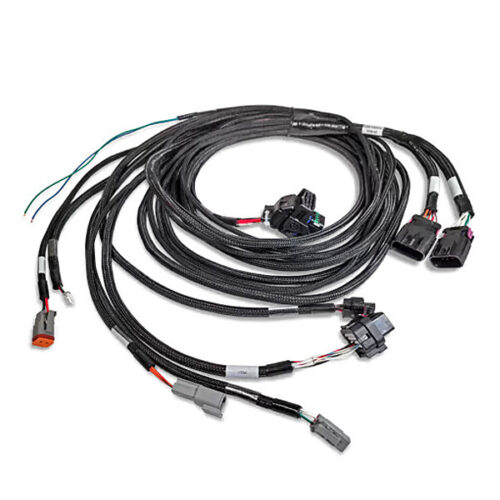
Automotive low pressure wiring harness
-
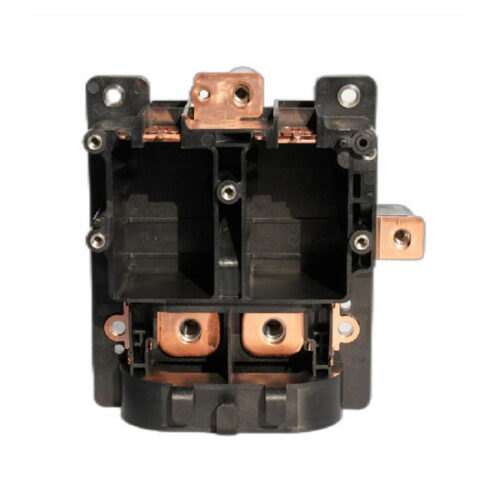
Filter copper bar assembly
-
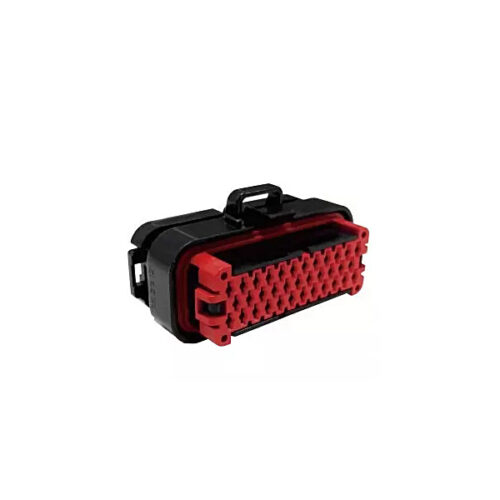
Signal connector – waterproof, three rows, 35 cores
-
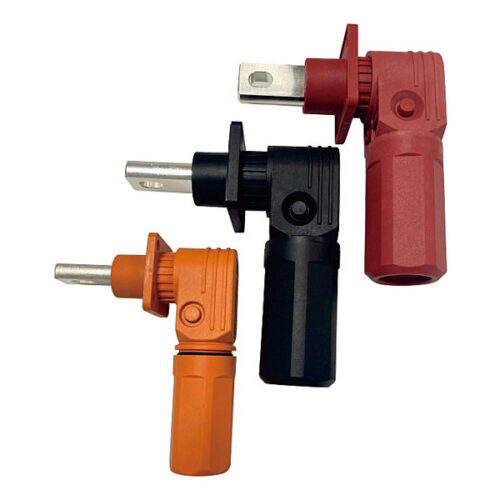
Energy storage connector 10.0mm
-
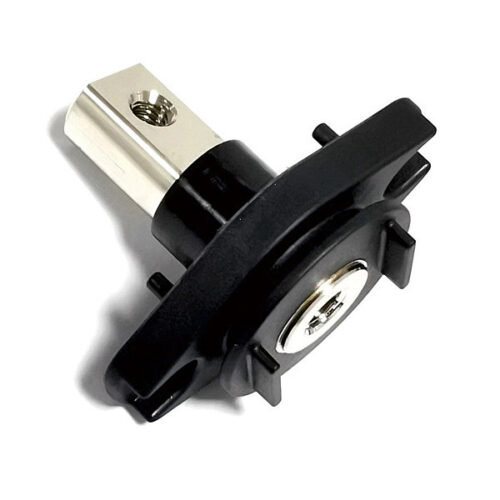
DCDC wall-through terminal
-
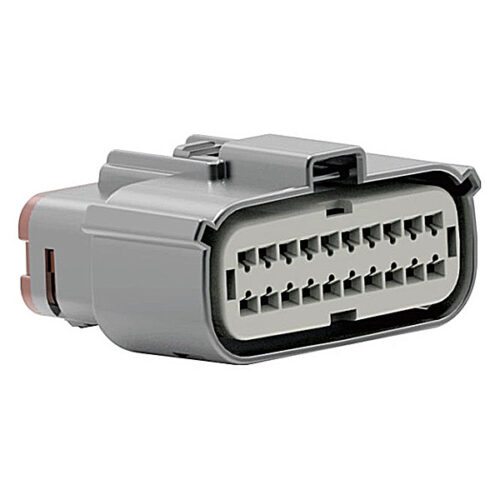
Low voltage connector-20PIN socket + plug
-
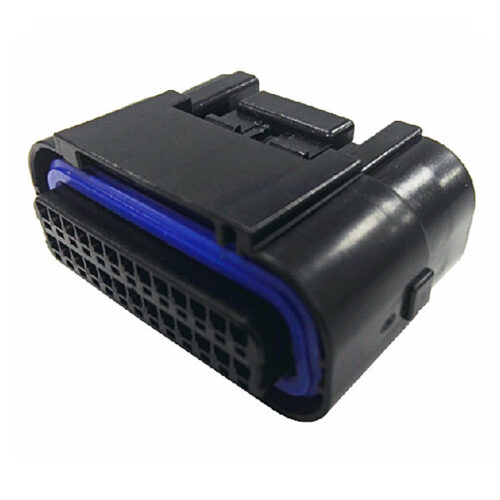
GE Series-18/26-core double-row signal connector
